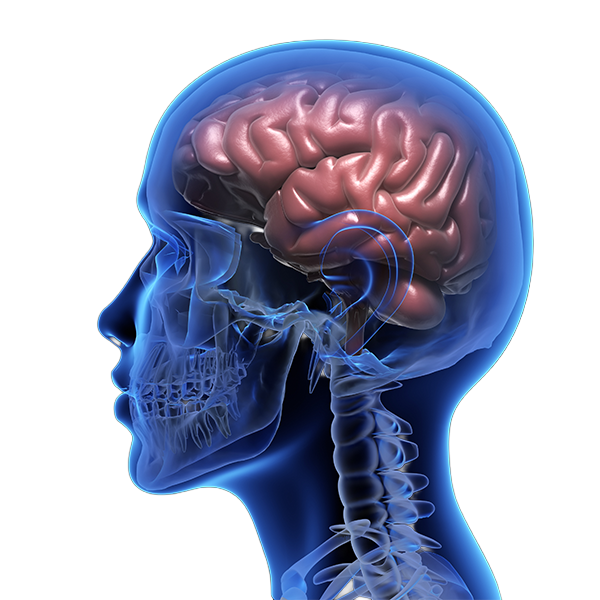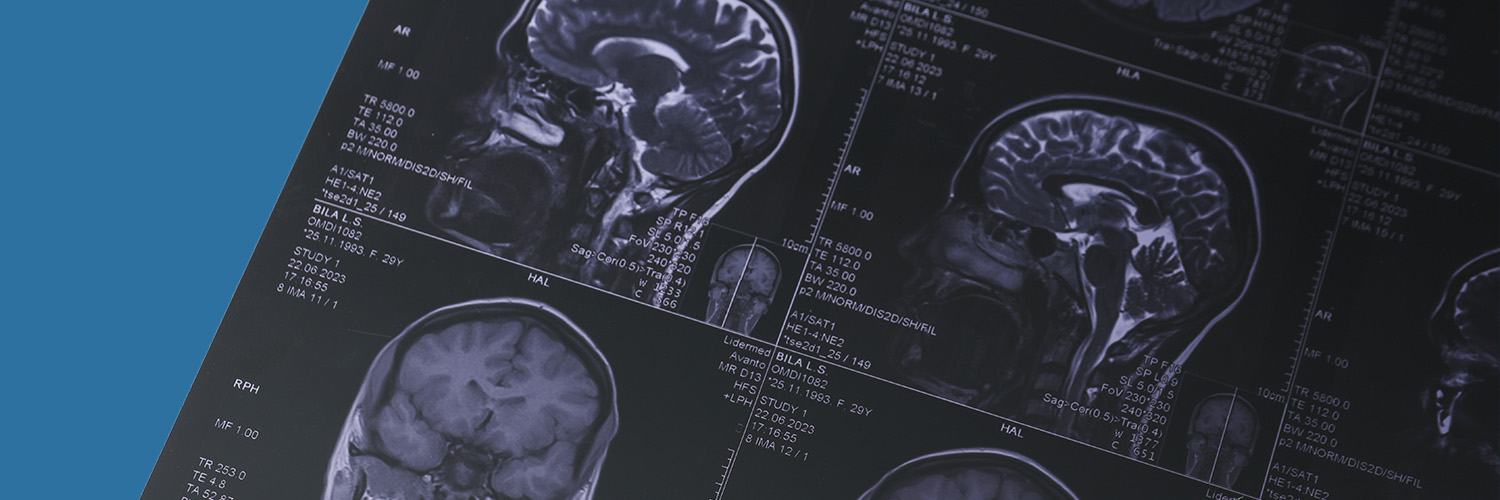Creatine is a naturally occurring compound found in small amounts in foods like meat and fish, and it’s also produced in your liver, kidneys, and pancreas. Creatine plays a critical role in energy production by the cells in your body. About 95% of your body’s creatine is stored in your muscles. In simple terms, creatine helps your muscles make quick bursts of energy when you need them most—like during sprinting, lifting weights, or even climbing stairs.

Your body uses a molecule called ATP (adenosine triphosphate) as its main fuel for energy. The problem is, ATP stores get used up fast—within just a few seconds of intense activity. That’s where creatine comes in. Creatine helps make energy by providing the necessary building block, phosphate, to quickly make more ATP for fuel. It helps regenerate fuel more quickly, giving your muscles more fuel to keep going. Think of it like the portable chargers we use for our cell phones when the battery runs low.
Creatine is especially important for high-intensity, short-duration activities like running to catch a bus or walking up a hill. It helps our muscles work harder for a longer period of time. This makes creatine supplements a popular choice among athletes and fitness enthusiasts alike. There is newer evidence that creatine is not only useful for athletic performance but can also improve brain function and overall health.
Benefits of Creatine Supplementation
While your body makes some creatine on its own, and you can get a little from food, supplementation can increase your muscle stores by 20–40%. This boost has been shown to provide several benefits:
- Improved Strength and Performance
Creatine is one of the most well-studied sports supplements in the world. Research shows that it consistently improves strength, power, and muscle mass when combined with resistance training. - Faster Recovery
Supplementation may reduce muscle damage and inflammation after intense workouts, leading to quicker recovery and less soreness. - Brain Health
Your brain also uses creatine for energy, and studies suggest supplementation may improve memory, mental performance, and even offer protective benefits in conditions linked to low energy metabolism. - Support for Healthy Aging
Creatine isn’t just for athletes. Older adults may benefit from supplementation because it helps maintain muscle strength, mobility, and bone health when paired with resistance exercise. - Supports Brain Energetics After Brain Injury
Creatine may play a protective role after head injuries such as concussions or traumatic brain injury (TBI). When the brain experiences trauma, energy demand spikes while energy supply is disrupted. This “energy crisis” can worsen symptoms and delay healing. Creatine supplementation has been studied for its ability to buffer ATP levels in the brain and reduce cell damage. - Creatine Supplementation is Beneficial to Women
Research suggests creatine can help women improve muscle strength, maintain bone density, and support healthy aging. It may also be helpful during pregnancy and postpartum recovery, when energy demands are especially high, though research in this area is still emerging.
Safety and Usage
Creatine monohydrate is the most widely used and researched form of creatine. There are other forms of creatine on the market such as creatine hydrochloride which claim to be better absorbed or cause less bloating but the research behind these claims is not very strong. These alternatives to the “gold standard” creatine monohydrate are also more expensive. Creatine monohydrate is the most affordable for of creatine and has decades of research behind it showing efficacy and safety.
Creatine monohydrate supplementation is considered very safe for healthy individuals when taken in recommended doses, typically 3–5 grams per day. Most people take 5 grams a day, but some people require more. Historically, athletes have been recommended to start with a short “loading phase” (about 20 grams per day divided into 4 doses for 5–7 days), but research shows that this isn’t required to see benefits. Higher doses have been studied for use after brain injury and for people with dementia or Alzheimer’s disease. The dose for these conditions typically ranges between 10 and 25 grams per day depending on the weight of the individual.
Creatine is usually taken as a powder, but it can also be purchased as capsules as well. The powder does not have any flavor and can be mixed into most liquids. Do not mix creatine into hot liquids such as coffee or tea. Mixing creatine into a hot liquid can cause creatine to break down into another molecule called creatinine, which is a waste product. Do not mix into acidic liquids such as orange juice, grapefruit juice, lemon water, or soda. The acidity will cause creatine to break down into creatinine, making that dose lose its potency. Do not mix creatine with alcohol. Alcohol will counteract the effect of creatine in the body by inducing dehydration.
The Bottom Line on Creatine
Creatine acts like a backup energy system for your muscles and brain, helping you perform better during high-intensity activity, recover faster, and potentially support long-term health. With decades of research backing it, creatine is one of the most effective and safe supplements available. Taking creatine for brain health and increased energy to support physical activity can be part your healthy lifestyle to promote health and longevity.
References
- Allen, P. J. (2012). Creatine metabolism and psychiatric disorders: Does creatine supplementation have therapeutic value? Neuroscience & Biobehavioral Reviews, 36(5), 1442–1462. https://doi.org/10.1016/j.neubiorev.2012.03.005
- Candow, D. G., Chilibeck, P. D., Forbes, S. C., et al. (2014). Creatine supplementation during resistance training in older adults: A meta-analysis. Medicine & Science in Sports & Exercise, 46(6), 1194–1203. https://doi.org/10.1249/MSS.0000000000000220
- Cooper, R., Naclerio, F., Allgrove, J., & Jimenez, A. (2012). Creatine supplementation with specific view to exercise/sports performance: An update. Journal of the International Society of Sports Nutrition, 9(1), 33. https://doi.org/10.1186/1550-2783-9-33
- Kreider, R. B., Kalman, D. S., Antonio, J., et al. (2017). International Society of Sports Nutrition position stand: Safety and efficacy of creatine supplementation in exercise, sport, and medicine. Journal of the International Society of Sports Nutrition, 14(1), 18. https://doi.org/10.1186/s12970-017-0173-z
- Markovic, D. S., Raabe, M., Barjaktarovic, M., & Campoy, C. (2022). Creatine during pregnancy: A promising therapeutic nutrient? Nutrients, 14(13), 2670. https://doi.org/10.3390/nu14132670
- Sakellaris, G., Kotsiou, M., Tamiolaki, M., et al. (2006). Prevention of complications related to traumatic brain injury in children and adolescents with creatine administration: An open label randomized pilot study. Journal of Trauma, 61(2), 322–329. https://doi.org/10.1097/01.ta.0000229795.02190.60
- Smith-Ryan, A. E., Cabre, H. E., Eckerson, J. M., & Candow, D. G. (2021). Creatine supplementation in women’s health: A lifespan perspective. Nutrients, 13(3), 877. https://doi.org/10.3390/nu13030877




